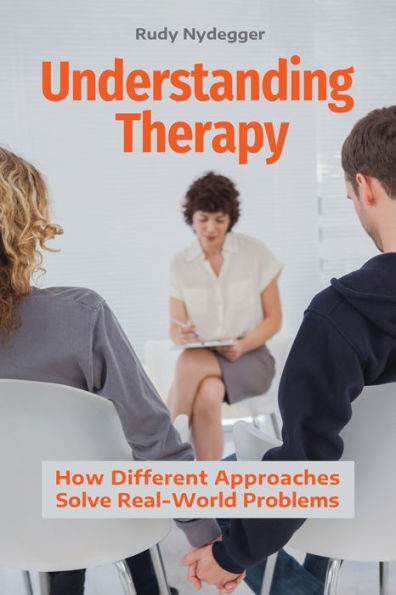Home
The Fluff Cycle (And How To End It By Solving REAL Sales & Marketing Problems)
Loading Inventory...
Barnes and Noble
The Fluff Cycle (And How To End It By Solving REAL Sales & Marketing Problems)
Current price: $14.99


Barnes and Noble
The Fluff Cycle (And How To End It By Solving REAL Sales & Marketing Problems)
Current price: $14.99
Loading Inventory...
Size: Paperback
*Product Information may vary - to confirm product availability, pricing, and additional information please contact Barnes and Noble
The business writing and consulting industry is built on two faulty premises: 1) we always have a problem in one of their areas of expertise and 2) we can successfully copy their solutions into our specific situations. Both lead to a never-ending "Fluff Cycle" of trying to implement pre-packaged solutions, failing to solve our real problems, and then seeking the next silver bullet. We end up propagating a similar cycle with our customers because our unsolved problems are still impeding the creation and delivery of real value. To break the cycle and evolve faster, we need to identify and solve our own problems. Given our central and constant interaction with customers, strategic planning, product development, and operations, Sales & Marketing is in the ideal organizational position to lead this. But first we need to understand why problems exist, and that starts with the incredibly powerful, yet often fallible human brain. Because of the way the brain evolved, it acts like 3 interconnected brains that constantly change our thought and behavior patterns based on stimuli, needs, and memory. Despite the way it feels, the vast majority of our thinking and decisions occur unconsciously through a series of mental shortcuts that favor speed and efficiency over accuracy and thoroughness. As a result, we are very biased and easily influenced by others and our surroundings - leading to complex problems that just cannot be solved with gut feel or conscious logic. To solve these types of problems, we need to be more scientific and experimental than we typically have been trained. But when we do solve our problems properly, we will produce far better business results with significantly less waste and frustration (and our work might even become enjoyable again).


















